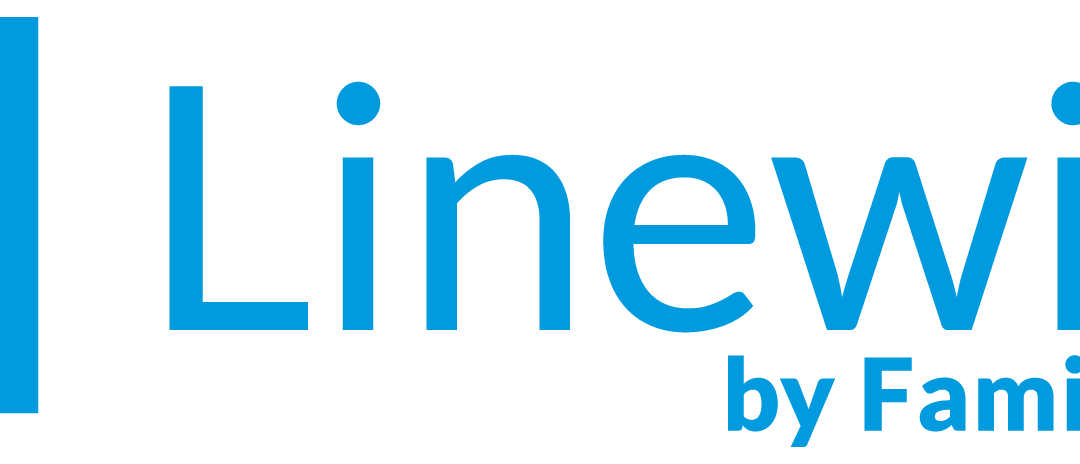
On-prem vs cloud filtering.
Web filters are an essential tool for any organization to ensure that their network is secure and their employees are productive. With the rise of cloud technology, many organizations are opting for cloud-only web filters. However, there are still significant benefits to using on-prem web filters.
Firstly, on-prem web filters provide faster and more efficient filtering. With on-prem filters, all the filtering takes place on-site, which means that there is no need for data to travel to the cloud and back. This not only saves time, but it also reduces network traffic and can lead to faster internet speeds.
Secondly, on-prem web filters provide greater control and customization. With an on-prem solution, IT administrators have complete control over the web filtering policies and can customize them to suit the specific needs of their organization. This level of control is not possible with cloud-only web filters, which typically have limited customization options.
Thirdly, on-prem web filters offer greater security. By having the web filtering taking place on-site, organizations can ensure that sensitive data does not leave their network. This is particularly important for organizations that deal with confidential information, such as healthcare or financial institutions.
Finally, on-prem web filters offer cost savings in the long term. While cloud-only web filters may seem cheaper initially, they can become expensive over time as the organization grows and needs to add more users. On-prem solutions are often a one-time purchase, and they can be more cost-effective in the long term.
In summary, on-prem web filters offer faster and more efficient filtering, greater control and customization, greater security, and long-term cost savings. While cloud-only web filters have their benefits, on-prem solutions are still an excellent option for organizations looking to ensure the security and productivity of their network.
FilteredNet has been selling webfilters and I.T. security solutions to K12 schools since 1995.
We work with I.T. security vendors covering a range of internet security services, including webfilter solutions such as Linewize by FamilyZone and ContentKeeper.
To learn more about our services, or schedule a demo contact us today.








